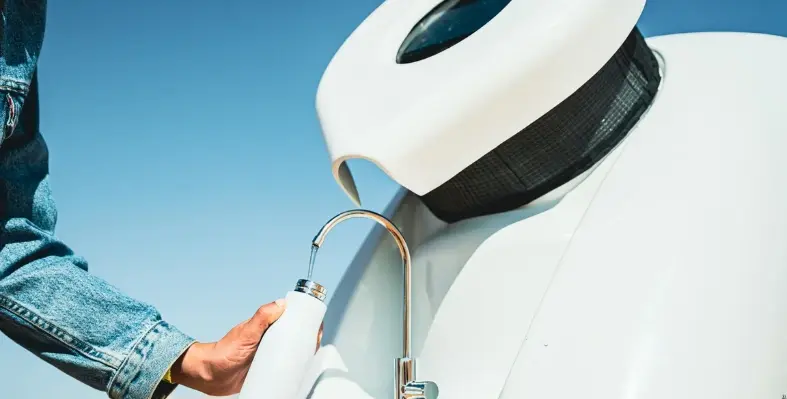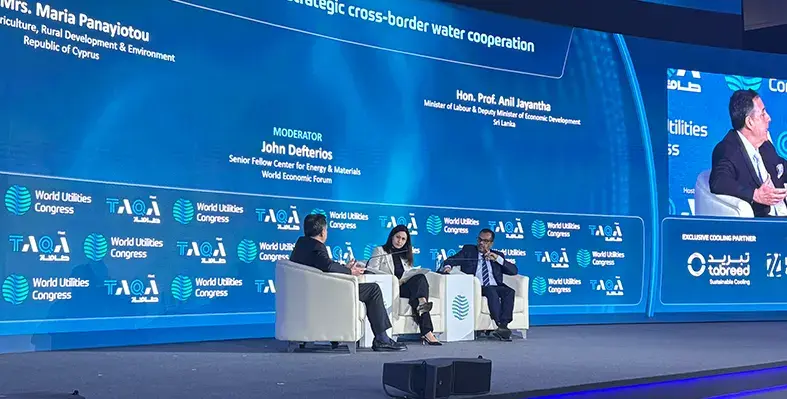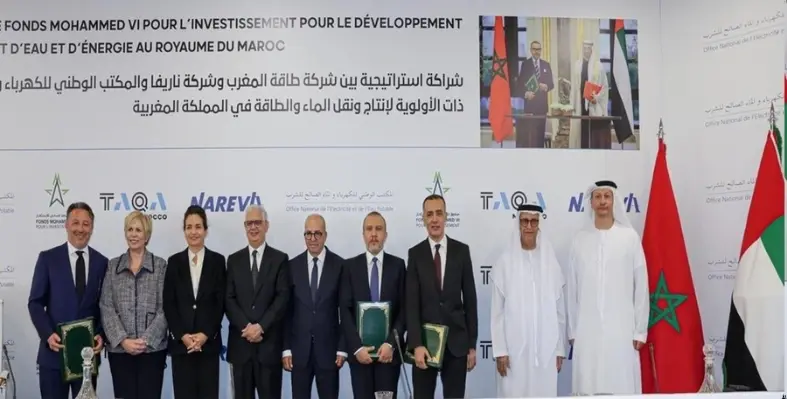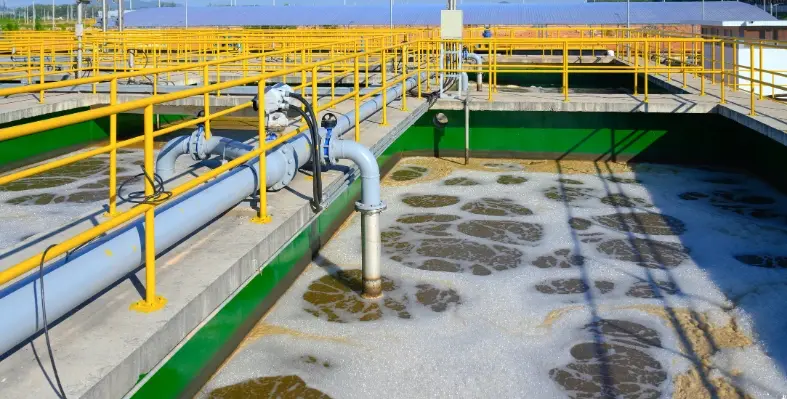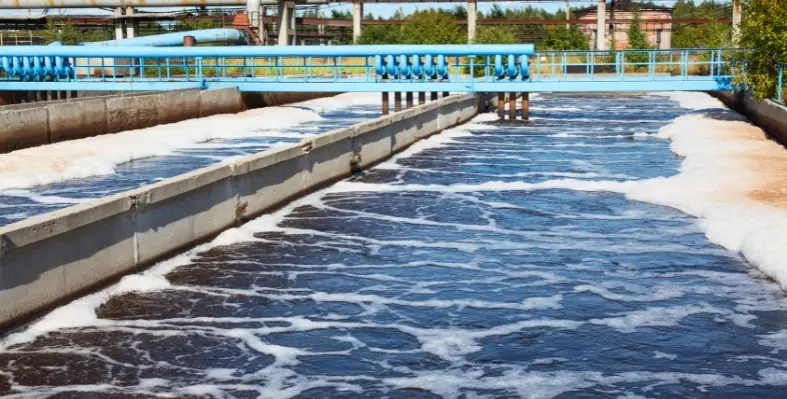The watertech company Kumulus Water, which turns air into potable water, has raised US$3.5mn in seed money.
Bpifrance led the seed funding through France 2030 SGPI and the Île-de-France Region, with participation from other international regional and investors, including Plus VC, MENA's most active VC, Khalys Venture, Flat6Labs, Europe's leading bottled water group Spadel, and several family offices and founders from Europe and North Africa.
Iheb Triki and Mohamed Ali Abid founded Kumulus in 2021. The company creates and produces atmospheric water generators, which use air humidity to produce safe drinking water without having any pre-existing electrical or water infrastructure.
Across Europe, Africa, and the Middle East, the company's technologies are currently in use in hotels, schools, and remote settlements.
With this financing, Kumulus will debut the Kumulus Boks, a new range of industrial-grade, cutting-edge Atmospheric Water Generators (AWG) that supply pure drinking water straight from air humidity, as well as expand operations in Tunisia, France, and Spain, and prepare for market entry into Saudi Arabia.
Producing water locally
“We’re deeply grateful to our existing and new investors for their trust and continued support,” said Iheb Triki, CEO and co-founder of Kumulus Water. “Their involvement is a strong vote of confidence in our technology and our vision. At Kumulus, we believe access to clean drinking water should not depend on existing infrastructure. With this funding, we’re taking a major step toward making clean water accessible, sustainable, and decentralised—especially for the communities that need it most.”
“This funding allows us to scale not just production, but impact,” said Mohamed Ali Abid, co-founder and CTO of Kumulus Water. “We have spent the past few years refining a technology that can operate reliably in some of the harshest and most water-stressed environments. Now, we are ready to deploy it at scale and bring truly off-grid, sustainable water access to more communities across the region and beyond.”
Hasan Haider, founder and managing partner at +VC, said, “Kumulus is building a scalable, climate-resilient solution to one of the most critical regional and global challenges-access to clean drinking water. At +VC, we invest in founders who are not only mission-driven, solving real-world problems but also executing with commercially scalable solutions. Kumulus fits that profile and is well-positioned for both regional and global growth. We’re excited to support their journey as they scale meaningful impact, making them stand out in the climate-tech space.”
“We believe the world needs complementary solutions to address the growing challenge of drinking water scarcity,” added Clément Yvorra, global business development manager at Spadel. “What convinced us is Kumulus’ ability to produce water locally, without packaging or transportation, offering a truly sustainable alternative.”





